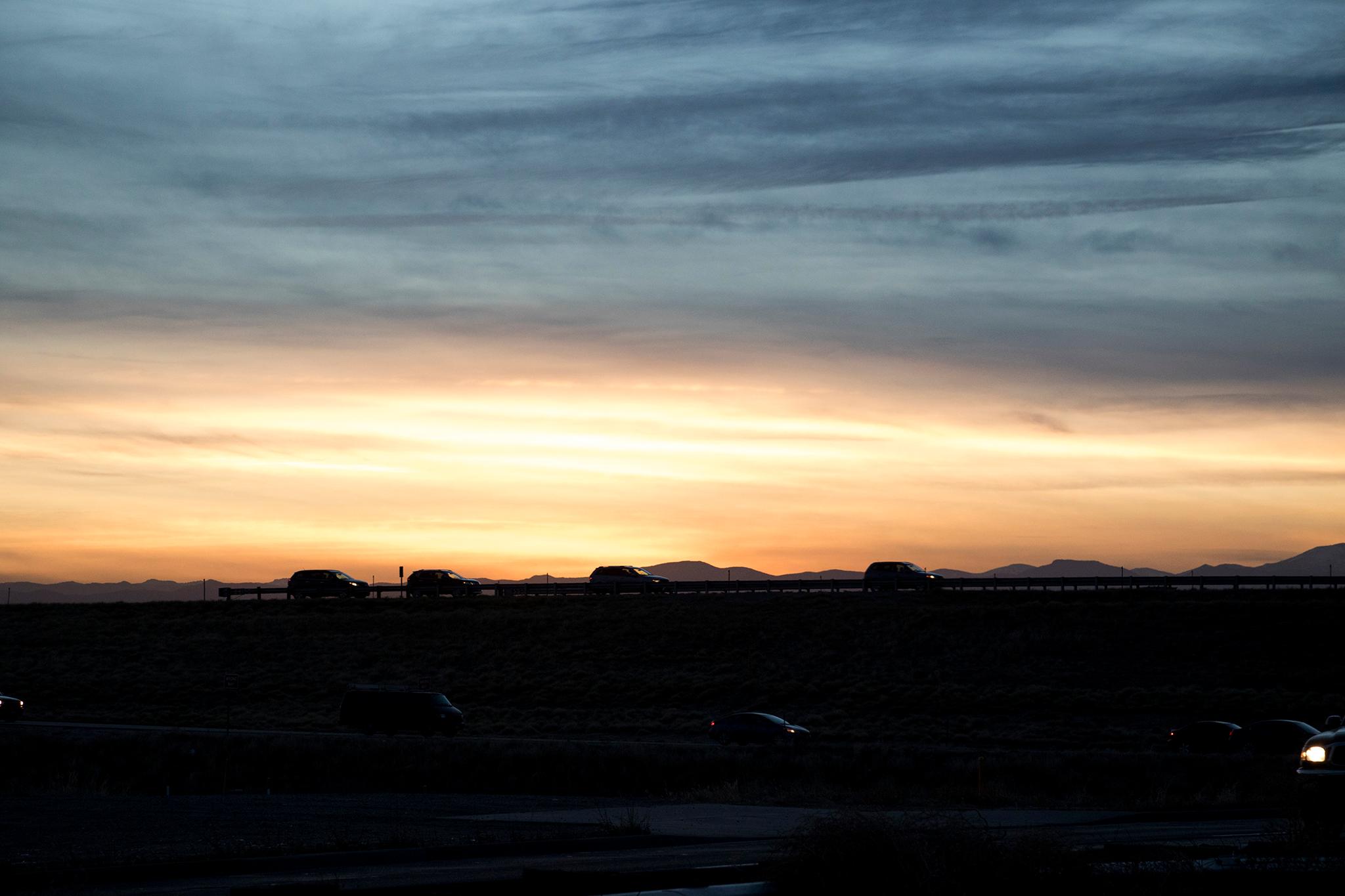After hitting a small speed bump, Denver International Airport's bid to widen Peña Boulevard by three lanes is on track. The Denver City Council approved the $93 million contract Monday.
The project will add new interchanges to a portion of the road near the terminal. It's the first phase of a four-phase project that will expand the 12-mile road between Interstate 70 and DIA -- two extra lanes heading to the airport and one heading back.
The outgoing legislative body punted the decision to the new council last week, giving five new members a chance to weigh in. And they did, with City Councilwoman Candi CdeBaca voting against the contract and City Councilman Chris Hinds abstaining. Both cited the project's contribution to climate change and the need to reduce solo driving -- particularly alongside the A Line train -- which wider highways make easier.
"We know our planet is on fire, we know what the risk is of induced demand. And so we know better," said CdeBaca, who led the fight against expanding I-70 through mostly low-income, minority neighborhoods in north Denver.
"I'm a little concerned about feeding the traffic monster and having more lanes," said Hinds, who said he wasn't informed enough to vote no outright. "I'm also concerned about citizen engagement."
DIA, a publicly owned airport that operates like a business, held no public process about the expansion with locals, officials told Denverite last month. No one lives in the area of phase one.
Newly elected City Councilwoman Amanda Sawyer acknowledged climate change and induced demand -- the concept of wider roads attracting more cars -- but voted for the expansion. She cited the airport's starring role in the local, regional and statewide economy.
"Unlike many of the other decisions we make as a council, this doesn't just affect the city of Denver," Sawyer said. "It affects the region and the state and the country and the world in some ways."
City Councilman Kevin Flynn wanted to ensure cars, buses and shuttles aren't left out of the "multimodal" conversation.
"The whole idea of multimodal travel is to offer options that work for whatever reason you need," he said.
DIA officials say demand for the airport necessitates road expansion. Peña Boulevard sees between 45,000 and 65,000 cars per day on a given segment, according to data from DIA. That "level of service," or how many cars can drive unimpeded, is low enough to warrant the widening, they say.
Mayor Michael Hancock's administration, which is in charge of the airport, has said moving people -- not cars -- is how to measure success. The A Line carries about 21,000 people daily, on average, according to the Regional Transportation District. It has the capacity to carry about 98,000 people per weekday and 680 per trip.
Hancock's administration has verbally distanced itself from widening roads to treat congestion. Denver should invest in infrastructure -- bus lanes, trains, streetcars -- that frees people from car dependence, according to its Denveright suite of plans for the city's future.













